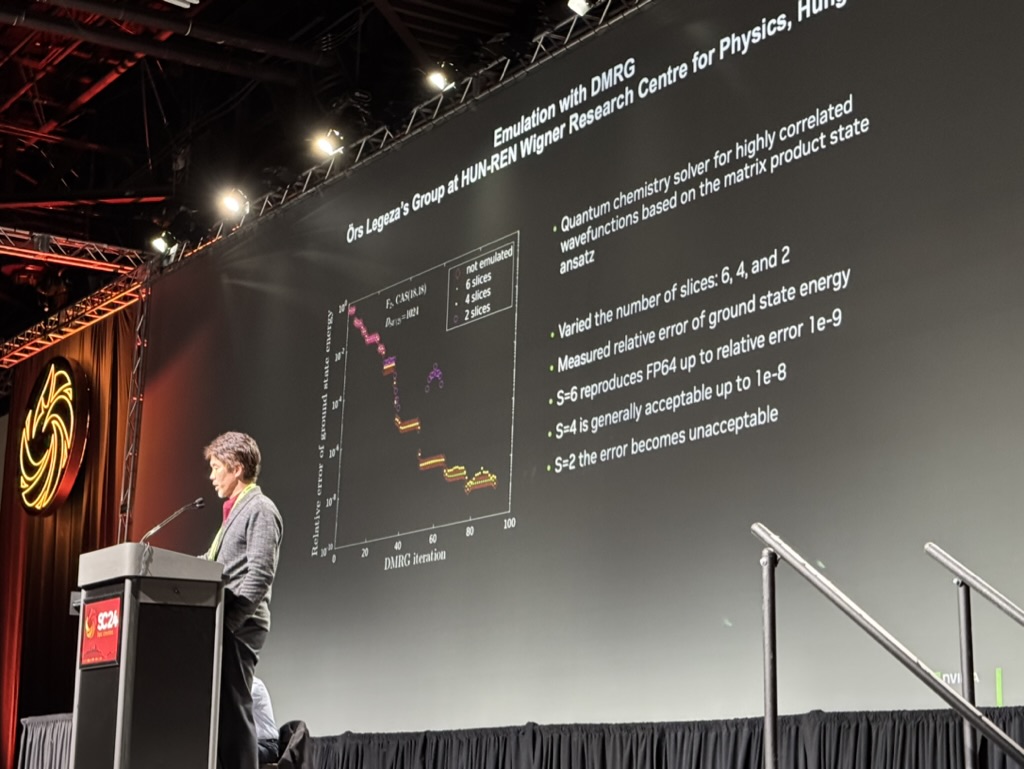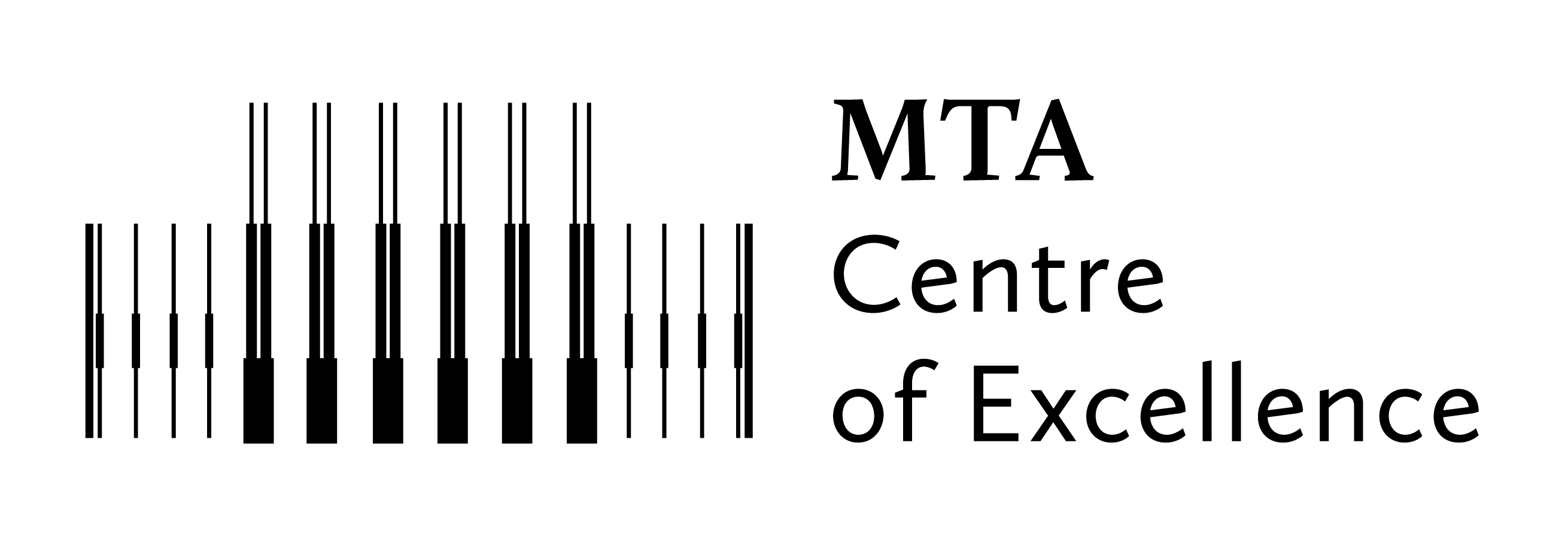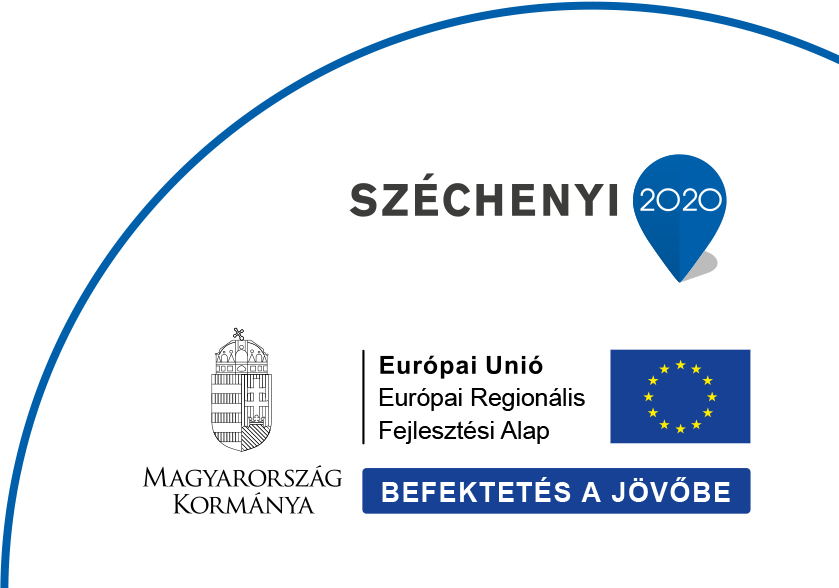A Hungarian quantum simulation software is now being used by a tech giant for its latest accelerator cards. The development is credited to Örs Legeza, a researcher at the HUN-REN Wigner Research Centre for Physics, and Andor Menczer, a doctoral student at ELTE. This remarkable achievement paves the way for applying new technologies in the realm of supercomputers, offering significantly more reliable calculations for tasks such as climate modeling and engineering design.
At the world's most prestigious supercomputing event, the TOP500 Birds of a Feather (BoF) conference in Atlanta, the tech company NVIDIA showcased its latest accelerator cards and their numerical properties using the results of a Hungarian quantum simulation software. Örs Legeza, scientific advisor at the HUN-REN Wigner Research Centre for Physics, and Andor Menczer, a doctoral student at ELTE, successfully integrated their software package developed for simulating quantum systems with NVIDIA's latest hardware solutions, based on the Blackwell technology B100 and B200 series, in close collaboration with the tech company.
The latest technological capabilities of the Blackwell B100 and B200 platforms were developed by NVIDIA primarily to serve industries with massive computational demands driven by artificial intelligence (AI). While AI software typically requires only integer or FP16 (16-bit floating-point) precision, the results achieved by Örs Legeza and Andor Menczer demonstrate that high decimal precision is also attainable on the new platform. Moreover, this can be achieved at significantly higher speeds and with much lower energy consumption than previously.
Three Japanese researchers (Hiroyuki Ootomo, Katsuhisa Ozaki, Rio Yokota) recently published an algorithmic method that enables FP64 (64-bit floating-point) arithmetic calculations to be divided into FP16 slices, which can then be recombined into FP64 after completing the mathematical operations. This approximate solution makes it possible to use Blackwell-based technology not only for AI-driven computations but also in a broader range and for general problem simulations. However, the accuracy and applicability of this approximate method remain unclear as of yet and are currently the subject of intensive study and research.
Over the past months, the two Hungarian researchers developed a new version of the tensor network algorithm that Örs Legeza has been continuously refining for 30 years. This latest version effectively leverages the capabilities of NVIDIA's newest, yet unpublished cuBLAS libraries and the advanced mathematical procedures enabled by the B100 hardware.
“Our simulation software provides an ideal mathematical framework for testing new hardware because its parameters allow for arbitrary precision, and these calculations can also be given precise theoretical descriptions,” said Örs Legeza. He added that these precise computations could be applied with high accuracy in various fields, including physical and chemical modeling (e.g. climate change studies, engineering designs, aircraft simulations, and even pharmaceutical research).
The scientific publication of these achievements - in collaboration with NVIDIA - is currently in preparation. This significant accomplishment by researchers from the HUN-REN Wigner Research Centre and ELTE once again highlights the immense potential in the synergy between research and industry.

Professor Rio Yokota, representing NVIDIA, presents the Hungarian achievements at the SC2024 TOP500 BoF event in Atlanta, USA (source: NVIDIA)



